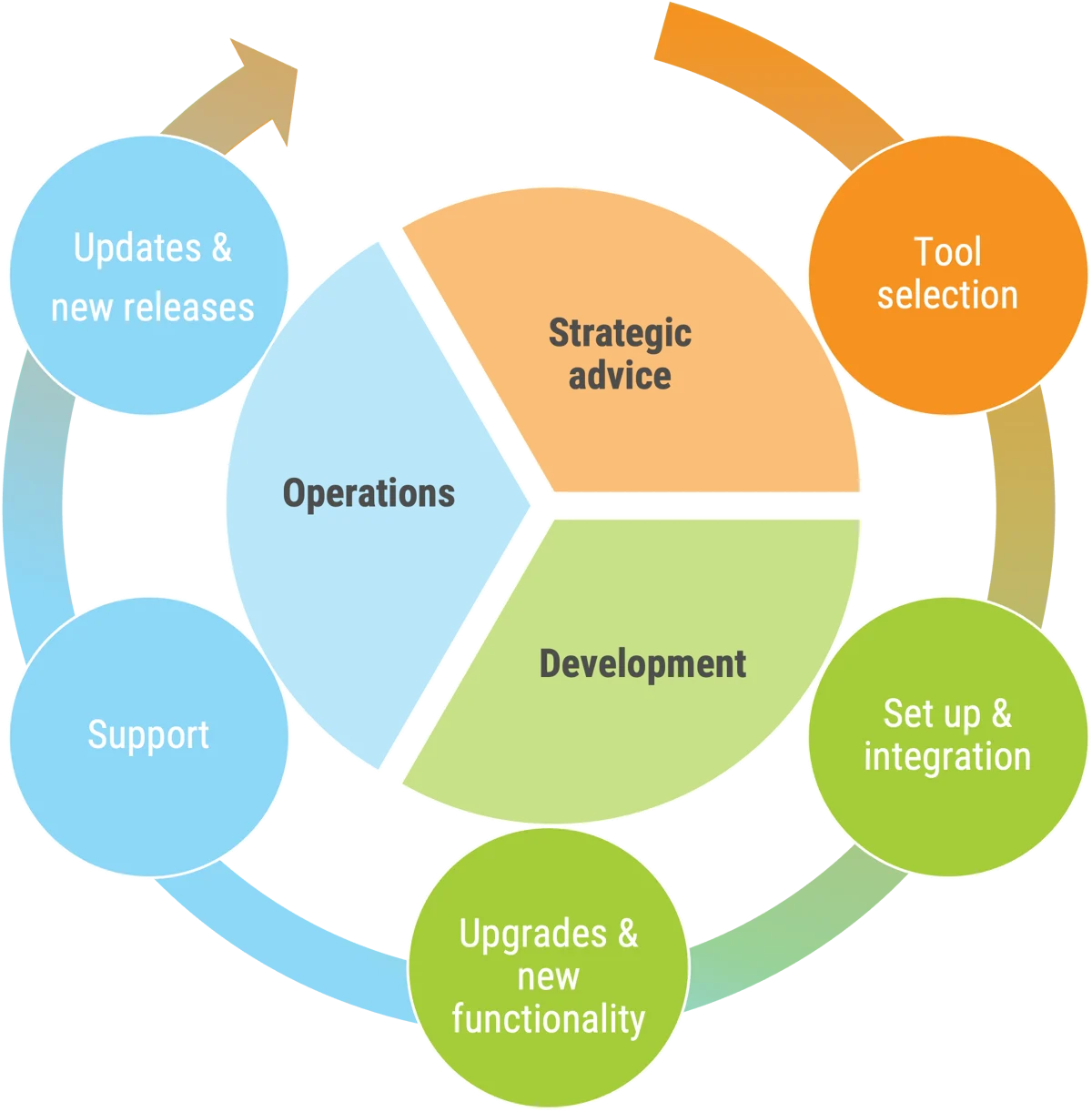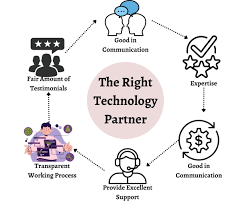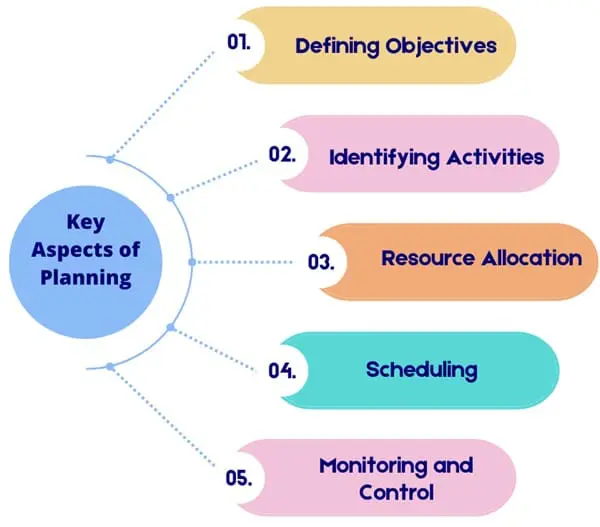In today’s competitive retail and eCommerce landscape, having the right ERP (Enterprise Resource Planning) system is no longer optional—it’s essential. Retailers need ERP features that streamline operations, enhance customer experience, and drive sustainable growth.
If you want to understand how ERP solutions can transform your retail business, check our in-depth guide:
ERP for Retail and eCommerce Businesses: Boost Efficiency and Growth
1. Centralized Inventory Management
Managing multiple sales channels can be overwhelming without a centralized inventory system. A robust ERP allows retailers to:
- Track real-time inventory across stores, warehouses, and online channels.
- Avoid overstocking and stockouts with automated alerts.
- Sync product availability for seamless omnichannel operations.
This ensures products are always available where and when customers need them.
2. Seamless Point-of-Sale (POS) Integration
Retailers need an ERP that integrates smoothly with POS systems, providing:
- Unified sales data from physical and online stores.
- Real-time insights into best-selling products and customer preferences.
- Automated updates to inventory after every transaction.
Such integration allows better decision-making and faster response to market trends.
3. Advanced Reporting and Analytics
A data-driven approach is crucial for retail growth. ERP systems with powerful reporting tools can:
- Provide insights into revenue, profit margins, and sales performance.
- Identify top-performing products and seasonal trends.
- Support smarter pricing, promotions, and purchasing decisions.
Having actionable analytics helps retailers stay ahead of the competition.
4. Multi-Channel Order Management
Modern retail operates across online stores, marketplaces, and brick-and-mortar outlets. An ERP with multi-channel capabilities enables:
- Centralized order tracking from all sales channels.
- Faster processing, reducing order errors and delays.
- Improved customer satisfaction with timely deliveries.
5. Customer Relationship Management (CRM) Features
Retail success depends on customer loyalty. An ERP integrated with CRM tools can:
- Store and analyze customer data to personalize marketing campaigns.
- Track purchase history for loyalty programs and repeat sales.
- Improve communication and customer service quality.
6. Scalability and Cloud Accessibility
Retailers need ERP systems that grow with their business. Key benefits include:
- Cloud access for real-time monitoring from any location.
- Scalability to handle seasonal spikes and store expansions.
- Reduced IT costs with flexible cloud-based deployments.
Why Choose Single Click for Retail ERP Solutions?
Single Click, founded in 2013 in the UAE, provides comprehensive IT solutions for businesses across Saudi Arabia, Egypt, Kuwait, and Qatar.
Our ERP solutions for retailers offer:
- Custom software development tailored to your needs.
- Secure networking and IT infrastructure.
- 24/7 technical support and reliable hosting.
- High-quality solutions at competitive prices.
Contact us today to explore ERP solutions that will transform your retail operations:
+2 010 259 99225 / +971 42 475421 / +966 58 1106563
People Also Ask
- What is ERP for eCommerce?
ERP for eCommerce integrates sales, inventory, and customer data into one system, improving efficiency and customer experience. - Which ERP does Zara use?
Zara uses a customized ERP system that supports fast fashion production and global retail operations. - What is the ERP system in retail?
Retail ERP systems manage inventory, sales, customer data, and supply chains to streamline retail operations. - What ERP is used by Amazon?
Amazon uses a combination of proprietary ERP tools and Oracle-based solutions to manage its global operations.







